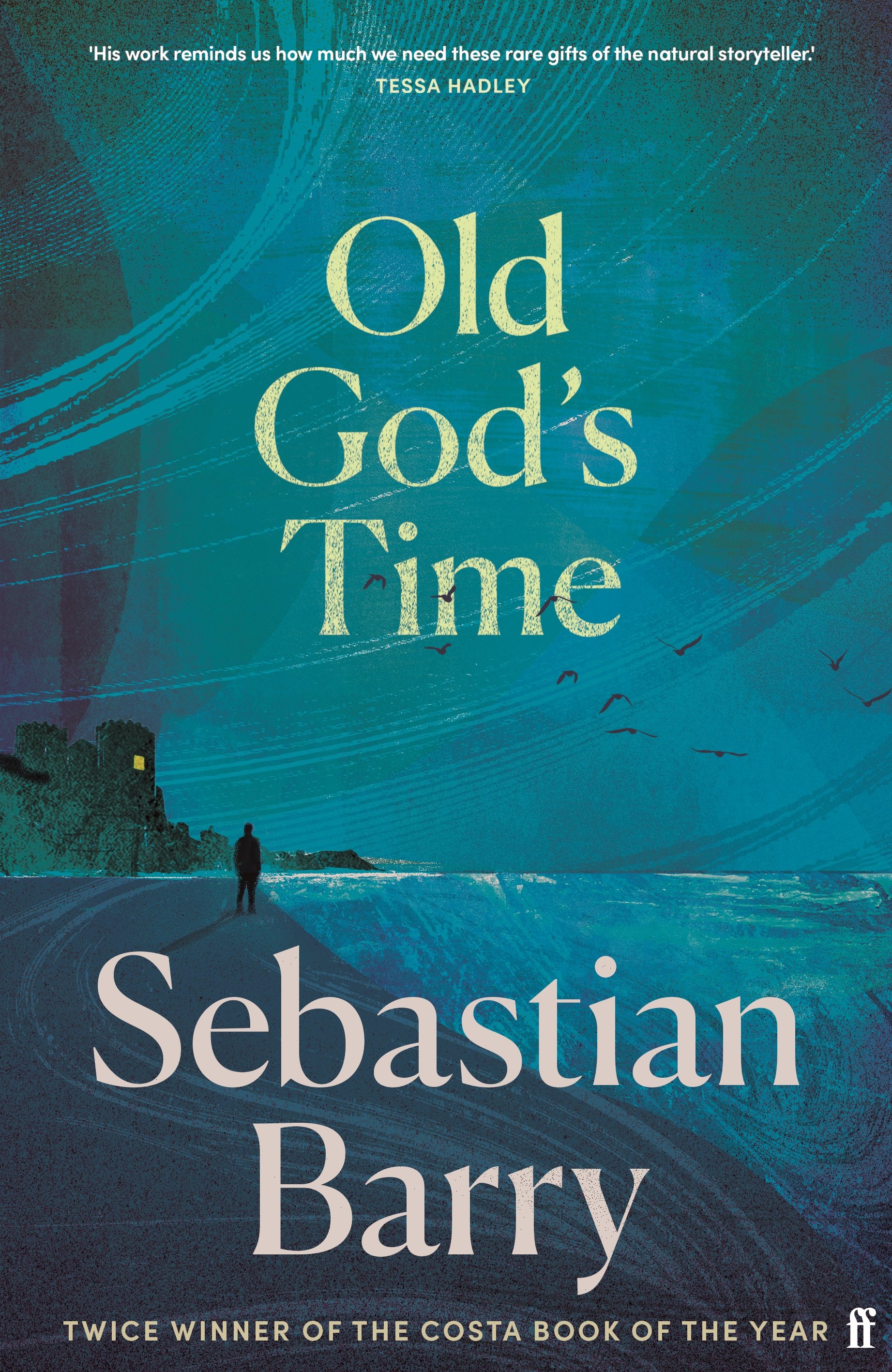The journalist Hadley Freeman’s last book, House Of Glass, was a clear-eyed memoir of her paternal family’s experience of the Holocaust. If anything, Good Girls is an even more personal book as it is a lacerating account of the two-and-a-half years she spent as a teenager in and out of psychiatric wards, being treated for anorexia. Some of these sections are genuinely hard to read but will provide the only insight many of us have into a devastating mental illness. Good Girls is also a study of what anorexia is, who gets it and how it is treated and, as such, Freeman (left) talks to experts and former fellow patients as well as their families. While her writing is never less than compelling, the memoir and the more objective aspect of the book don’t always meld successfully, and at one point the whole threatens to be derailed by her exploration of the parallels between anorexia and gender dysphoria.
But Good Girls is nonetheless a valuable examination of what can fuel adolescent self-starvation and how one individual managed to outgrow it.





